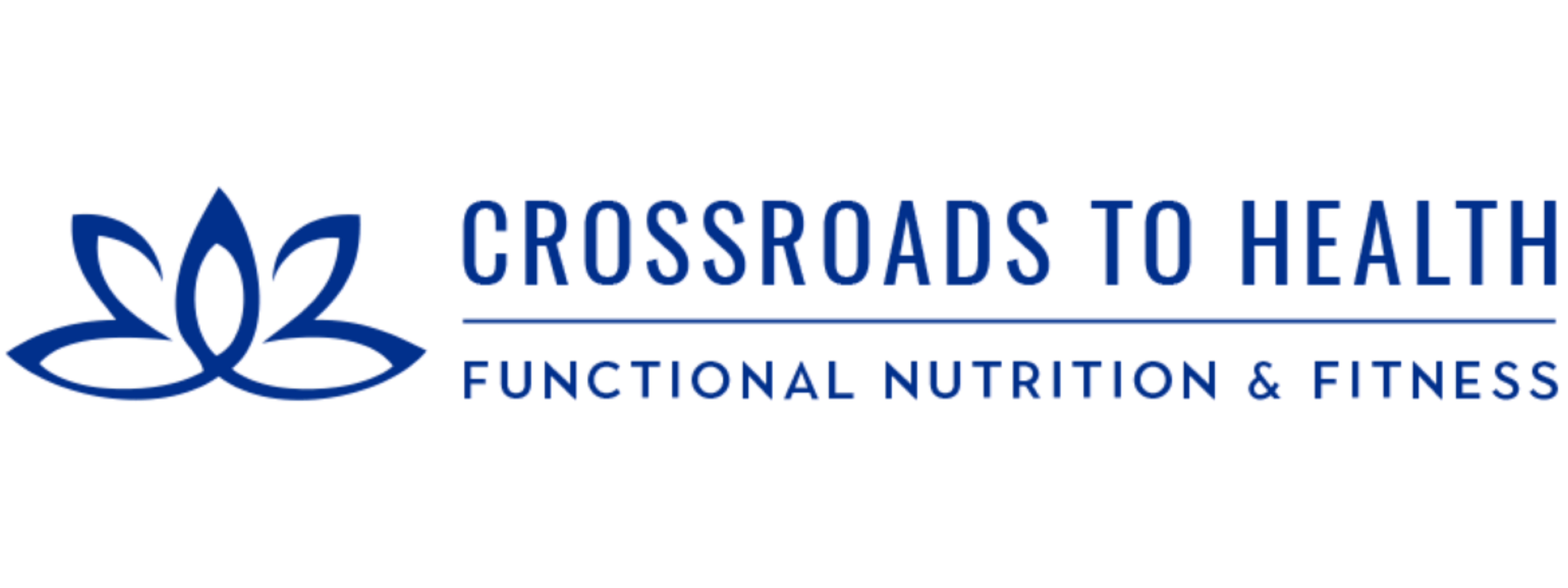The Adverse Effects of Proton Pump Inhibitors

Proton pump inhibitors (PPI's) are used to treat disorders such as GERD and peptic ulcers. They typically help reduce the symptoms of indigestion, heartburn, acid reflex, bloating, and nausea. Their use is so common that they are now one of the top 3 drugs sold in the U.S. PPI's could help reduce some of the symptoms but they can also produce some problems for those people who consume this drug on a regular basis.
Adverse Effects of PPI
The most common side effects with PPI's are abdominal pain, diarrhea and headaches. In recent studies the long term side effects include:
- Hypomagnesemia
- Vitamin B12 deficiency
- Small intestine bacterial overgrowth
- Bone fractures
- Clostridium difficle Infections
- Acute and Chronic Kidney disease
- Dementia
- Pneumonia
Causes of acid reflux and heartburn
Symptoms of acid reflux are typically related to the esophageal sphincter opening when it shouldn't. This may be cause by GERD, a weakened sphincter, a hiatal hernia or other physical stresses like pregnancy or surgery. Most integrative practitioners feel that low HCL (hydrochloric acid) is to blame for the majority of GERD cases. This means the person is producing too little acid (hypochlorhydria). When you have low HCl, bad bacteria can proliferate and protein or other undigested foods can putrefy and create gases that cause bloating and discomfort after meals. These gases rise and open the sphincter where they irritate the esophagus. It creates the sensation of rising HCl, even though it’s not just stomach acid going up.
Importance of hydrochloric acid
Hydrochloric acid helps us in many ways. When we take a PPI they essentially shut down our hydrochloric acid production. Hydrochloric acid production is beneficial for the following:
- Properly digest our foods such as break down proteins
- Reduce risk of infections
- Absorb different vitamins and minerals such as calcium and magnesium
- Helps to sterilize our food
Knowing your triggers
One of the basic ways to reduce heartburn symptoms is to reduce the amount of trigger foods. This is different for each person but the following list are common trigger foods/beverages to watch out for:
- Fatty meals
- Large meals
- Tomato products
- Spicy foods
- Alcohol
- Citrus fruits
- Caffeine
- Carbonated beverages
- Chocolate
Reducing the need for a PPI is not easy and should be done with a doctor or health care practitioner. There are many natural remedies that support digestion as well as managing stress which has a major impact on digestive health. Get to the root of your health concerns. Schedule a free strategy session here.

